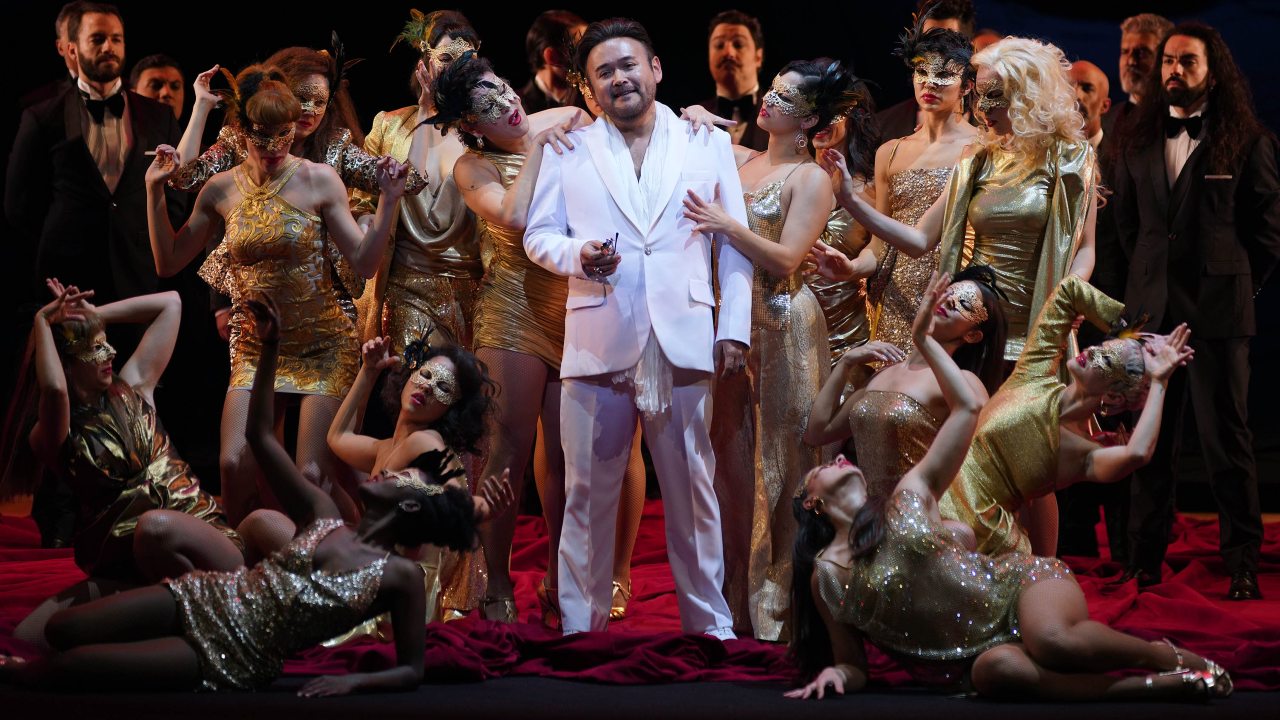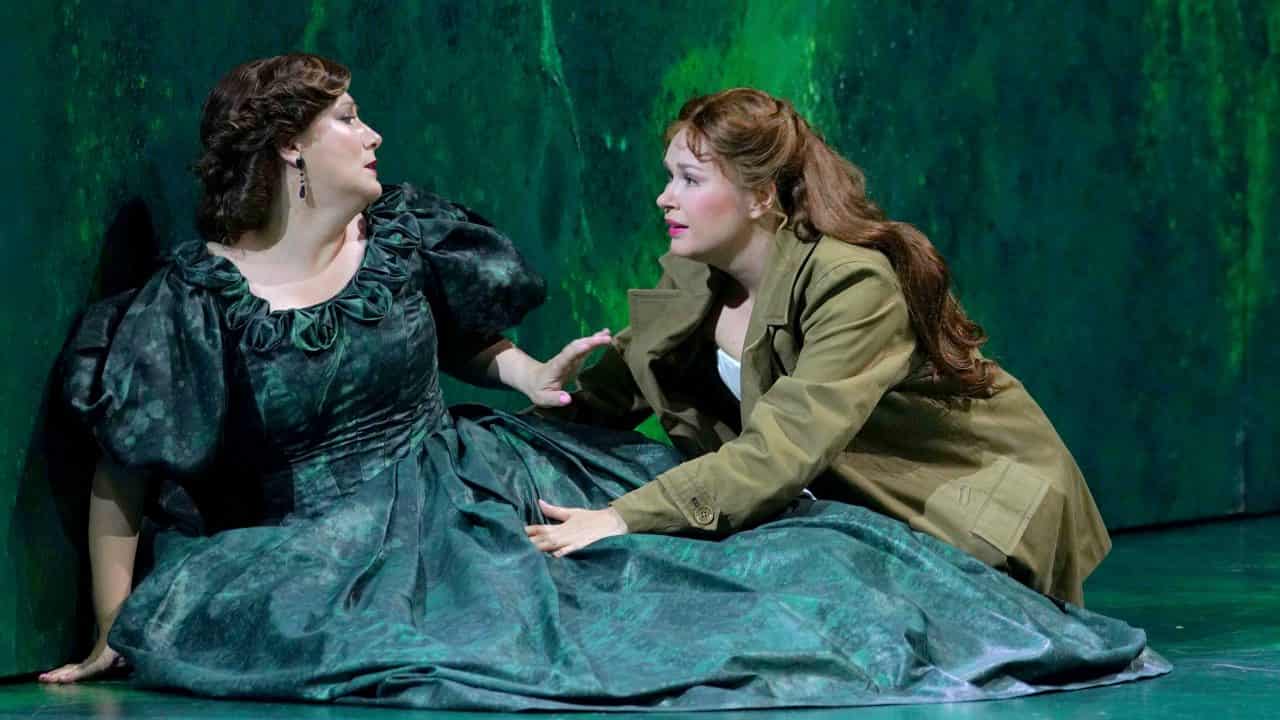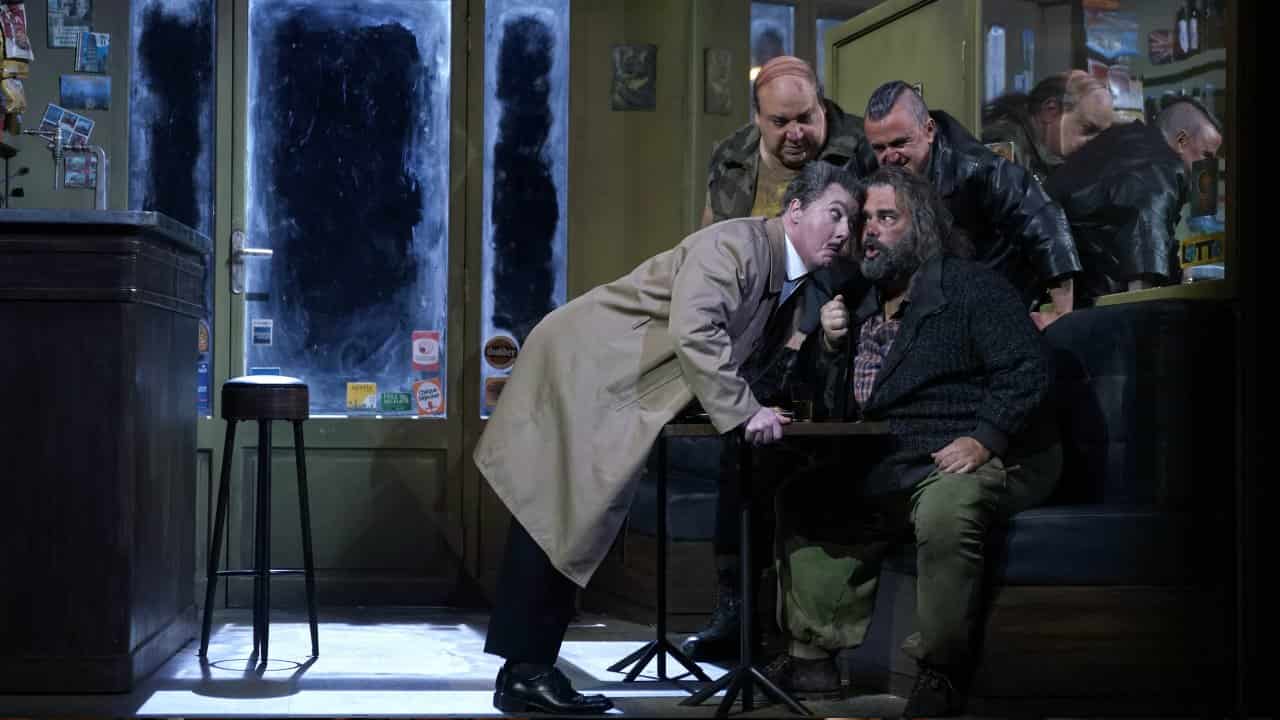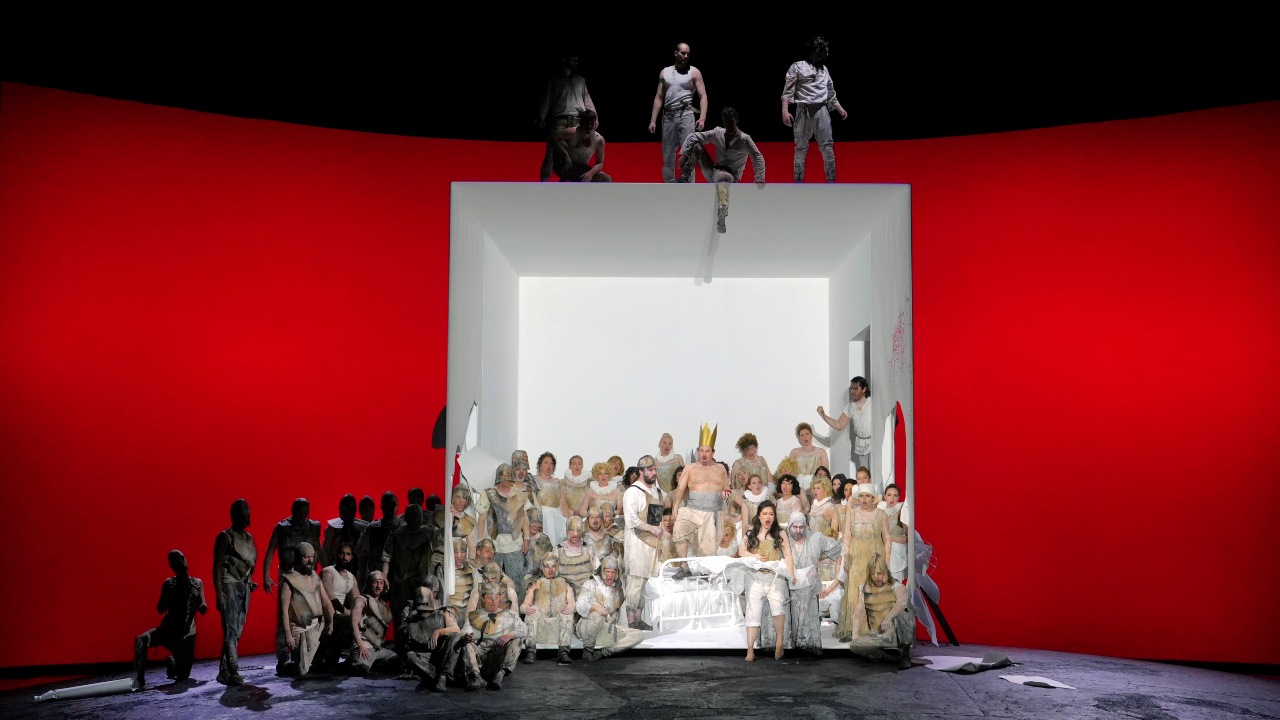David Alden's production of Otello, Verdi's penultimate opera and one of the great masterpieces of the genre, returns to the Teatro Real. This must-see opera, with its powerful music, tells a tragic story of betrayal, love, jealousy, ambition and deceit based on Shakespeare's timeless drama Othello. It features the great voices of Brian Jadge, Asmik Grigorian, Jorge de León and Maria Agresta, among others.
Music by Giuseppe Verdi (1813-1901)
Libretto by Arrigo Boito after William Shakespeare’s play Othello, or The Moor of Venice (1603)
Production of Teatro Real, in co-production with English National Opera (London) and Kungliga Operan (Stockholm)
Artistic team
Conductor: Nicola Luisotti
Stage director: David Alden
Set and costume design: Jon Morrell
Lighting design: Adam Silverman
Choreography: Maxime Braham
Chorus director: Ana González
Cast
Otello: Brian Jagde
Iago: Gabriele Viviani
Cassio: Airam Hernández
Roderigo: Albert Casals
Lodovico: In Sung Sim
Montano / Un heraldo: Fernando Radó
Desdemona: Asmik Grigorian
Emilia: Enkelejda Shkoza
Teatro Real Chorus and Orchestra
Pequeños Cantores de la ORCAM






